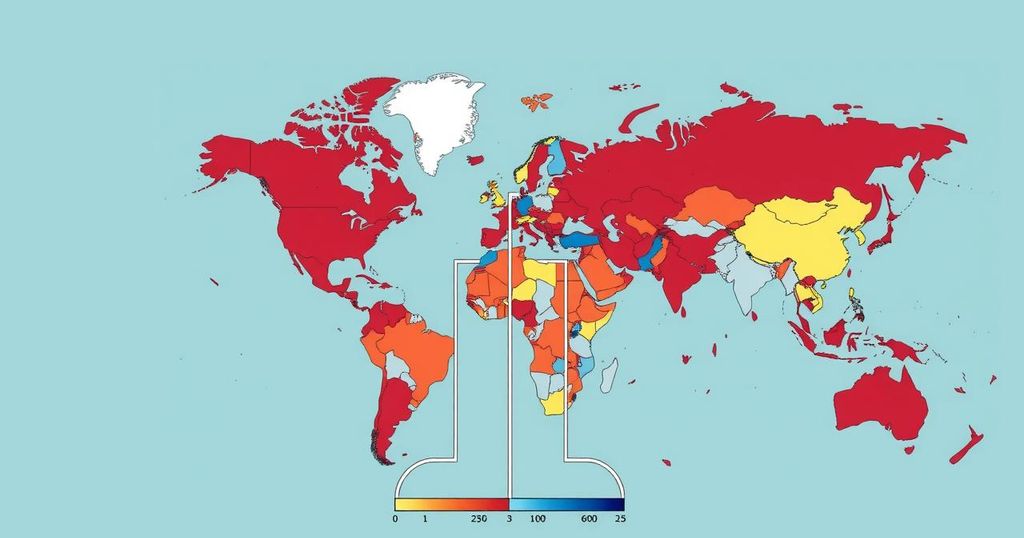2024: A Landmark Year for Global Elections and Democratic Engagement

The year 2024 saw an unprecedented turnout of nearly 3 billion voters in 73 countries, marking it as the largest election year on record. However, despite this historic participation, significant challenges persisted, including disinformation, a decline in trust in institutions, and underrepresentation of women and youth in leadership. The elections provided a platform for potential reform and highlighted the fragile state of democracies worldwide.
The year 2024 became a notable milestone in global democratic history, as approximately 3 billion individuals participated in elections across 73 countries, marking it as the most extensive electoral year documented. This historic surge in voter turnout encompassed local and national elections, profoundly impacting the political, social, and economic landscapes of various nations. For many, these elections represented their inaugural participation in a democratic process, exemplifying the inclusive nature of such systems.
The topic of the 2024 elections signifies a critical period for governance and democratic engagement worldwide. This year was characterized by a high voter turnout that revealed both the potential for democratic participation and the existing barriers that impede effectiveness. Challenges such as misinformation, political polarization, and diminishing trust in political institutions underscored the vulnerabilities faced by democracies, while simultaneously highlighting opportunities for reform and increased civic engagement.
In summary, the “super election year” of 2024 highlighted the complexities and dualities inherent within democratic governance. While the record turnout demonstrated a strong public desire for participation and change, persistent issues like misinformation, political corruption, and underrepresentation remained challenges to the integrity of democracy. The results of these elections set the stage for necessary reforms aimed at enhancing trust in democratic institutions and ensuring that the voices of all citizens are acknowledged and valued.
Original Source: anfrel.org






